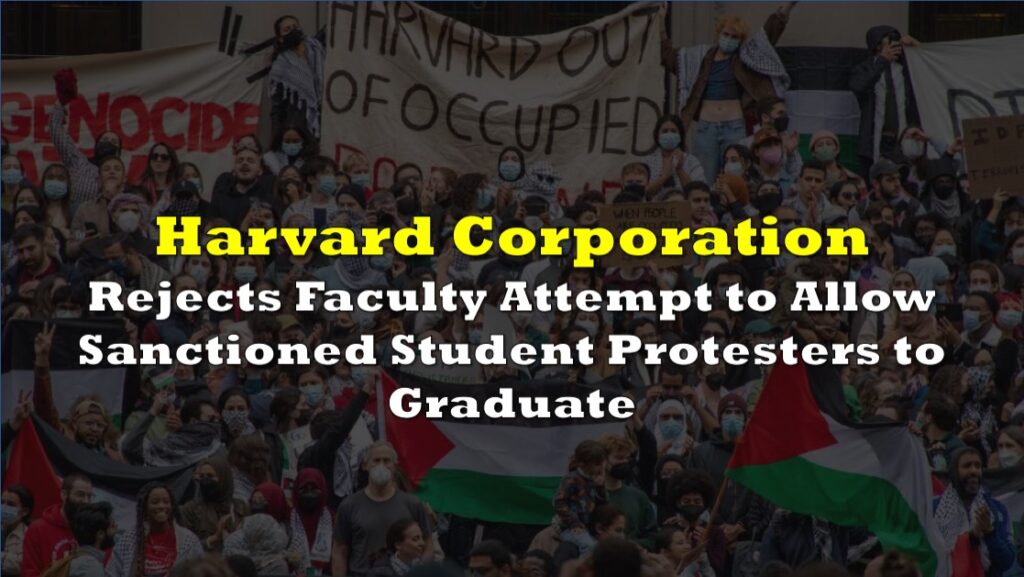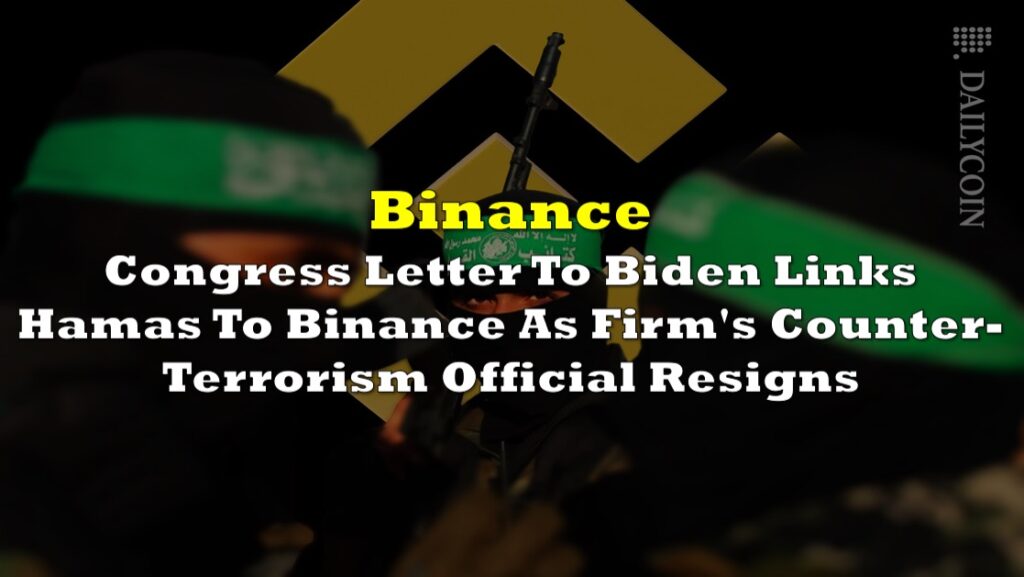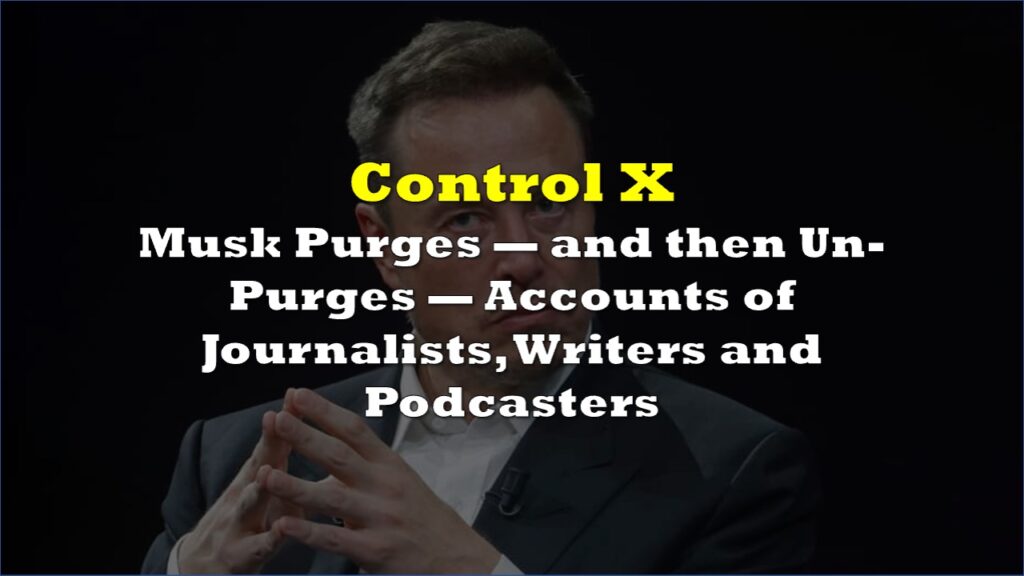In a dramatic escalation of Middle Eastern tensions, Ismail Haniyeh, the political leader of Hamas, was assassinated in Tehran on Wednesday. Haniyeh, who had been leading Hamas from Doha, Qatar, was in Iran to attend the inauguration of President Masoud Pezeshkian.
The attack on Haniyeh’s residence occurred late Wednesday night and resulted in the death of Haniyeh and one of his bodyguards. His assassination has been confirmed by the Islamic Revolutionary Guard Corps (IRGC).
According to sources, the IRGC issued a stern warning, stating, “Undoubtedly, this crime of the Zionist regime will face a harsh and painful response from the powerful and great front of the Resistance, especially Islamic Iran.”
Israel has neither confirmed nor denied responsibility for the attack, maintaining its policy of ambiguity regarding such operations.
The Islamic Revolutionary Guard Corps (IRGC) has Confirmed the Assassination earlier tonight of Hamas Chief Political Leader, Ismail Haniyeh, who was Killed alongside one of his Bodyguards at his Residence in Tehran, while he was in Town from Qatar for the Inauguration of… pic.twitter.com/JPu8VKpFko
— OSINTdefender (@sentdefender) July 31, 2024
Haniyeh, 62
Ismail Haniyeh, 62, was a prominent figure within Hamas, having played a pivotal role in its political and military activities. Born in the Shati refugee camp in northern Gaza, Haniyeh emerged as a key leader through his association with Hamas founder Sheikh Ahmed Yassin.
Over the years, he navigated Hamas through multiple conflicts with Israel and was involved in high-stakes negotiations, including ceasefire talks mediated by Egypt, Qatar, and the United States.
Haniyeh’s journey from the refugee camp to becoming a significant political leader was marked by resilience and defiance. In 1988, he was among Hamas’s founding members and was subsequently arrested by the Israeli military, serving several sentences in the 1980s and 1990s.
He once served as personal secretary to Hamas co-founder Sheikh Ahmed Yassin, which aided his ascent to power in Gaza. In 2006, he became the leader of Hamas in Gaza and briefly served as prime minister of a Palestinian unity government, which was dissolved after internal conflicts.
Haniyeh moved to Qatar in 2017 when he was named the Hamas political leader. Inside Gaza, he was succeeded by Yahya Sinwar, who is considered one of the chief architects of the October 7 attacks on Israel. Despite living in exile, Haniyeh shuttled regularly between Qatar and Turkey, playing a crucial role in Hamas’s international diplomacy.
Haniyeh’s personal life was marred by tragedy. In April, three of his sons were killed in an Israeli strike near Gaza City. Israel identified the three adult sons as Amir, Mohammad, and Hazem Haniyeh, all Hamas military operatives. In June, Hamas reported that Haniyeh’s sister and her family were killed in another Israeli strike on their home in Gaza.
Haniyeh remained defiant in the face of these losses, a running theme in his life. “We shall not give in, no matter the sacrifices,” he said after the deaths of his family members.
Worldwide reactions
The assassination has triggered a wave of reactions from around the world and particularly from the Palestinian territories. Palestinian leaders, including President Mahmoud Abbas and Prime Minister Mohammad Mustafa, condemned the killing. Abbas described it as a “heinous crime” and warned of its potential to escalate regional tensions.
Palestinians in Gaza expressed profound grief and anger. Ahmad Al Nims, a resident of Deir el-Balah, stated, “Ismail Haniyeh is the son of Gaza. He represents my entire people.” Another Gazan, Abu Yasser Hassoun, said the assassination had struck “like a thunderbolt” and described Haniyeh as a leader who united Palestinians. Saleh Al Shunnar, displaced from Jabalya in northern Gaza, tearfully expressed that Haniyeh was a Palestinian leader beyond partisan lines, emphasizing his role in striving for national reconciliation.
International responses have been varied but largely condemnatory. Qatar, which hosts Hamas’s political bureau, called the assassination a “heinous crime” and a “dangerous escalation”. Turkish President Recep Tayyip Erdogan labeled it a “treacherous assassination” and criticized Israeli actions as “Zionist barbarism”. China’s foreign ministry also condemned the attack, emphasizing the need for a comprehensive and permanent ceasefire in Gaza to prevent further conflicts.
The White House acknowledged the reports but refrained from immediate comment. U.S. Defense Secretary Lloyd Austin stated that while war in the Middle East is not inevitable, the U.S. would defend Israel if it were attacked.
U.S. Secretary of State Antony Blinken stated on Wednesday that the United States was “not aware of or involved in” the killing of Hamas leader Ismail Haniyeh. In an interview, Blinken emphasized his commitment to achieving a ceasefire in Gaza, highlighting the importance of this for the hostages and the suffering Palestinian population. Blinken reiterated his stance from a news conference in Singapore, stressing the need to protect civilians caught in the conflict.
“Nothing takes away from the importance of — as I said a moment ago — getting to the ceasefire which is manifestly in the interests of the hostages and bringing them home, is manifestly in the interests of Palestinians who are suffering terribly every single day,” he said at the conference. “Children, women, men in Gaza who have been caught in this crossfire of Hamas’ making. It’s profoundly in the interests of trying to put things on a better path.”
The timing of Haniyeh’s assassination is particularly sensitive, coming shortly after an Israeli strike in Beirut that killed Hezbollah’s military leader, Fu’ad Shukr. This series of high-profile assassinations has heightened fears of a broader regional conflict. Iran’s IRGC has vowed retaliation, suggesting that the assassination will not go unanswered.
Haniyeh’s assassination has raised concerns about the future of ceasefire negotiations in Gaza. Haniyeh had been a key player in these talks, and his death leaves a significant void in Hamas’s leadership.
The Hamas leader’s body will be buried in Doha, Qatar, on Friday, following a funeral procession in Tehran. Iranian state-affiliated media has announced three days of public mourning. Qatari officials had been coordinating with Washington and Egypt to secure a deal for the release of hostages and a ceasefire in Gaza.
Information for this story was found via The New York Times, CNN, and the sources mentioned. The author has no securities or affiliations related to this organization. Not a recommendation to buy or sell. Always do additional research and consult a professional before purchasing a security. The author holds no licenses.











